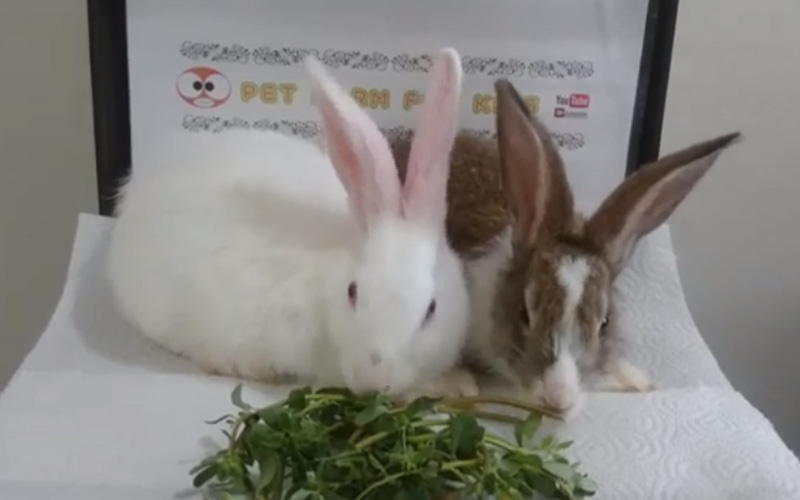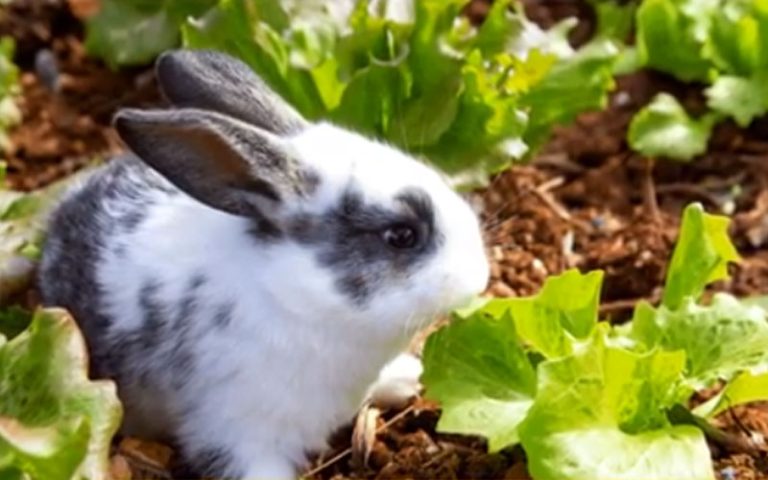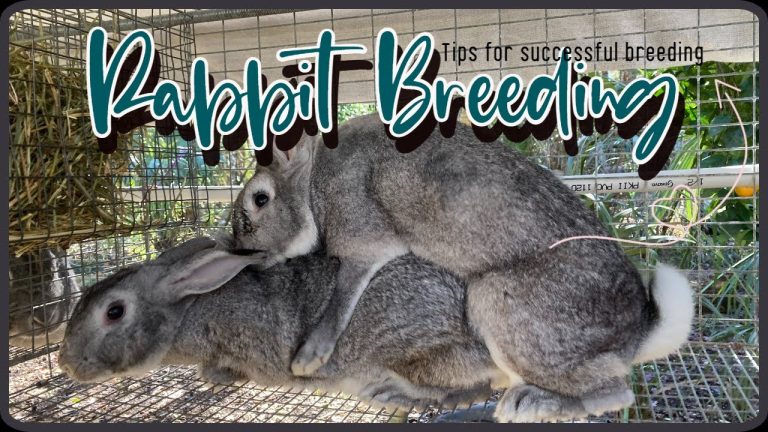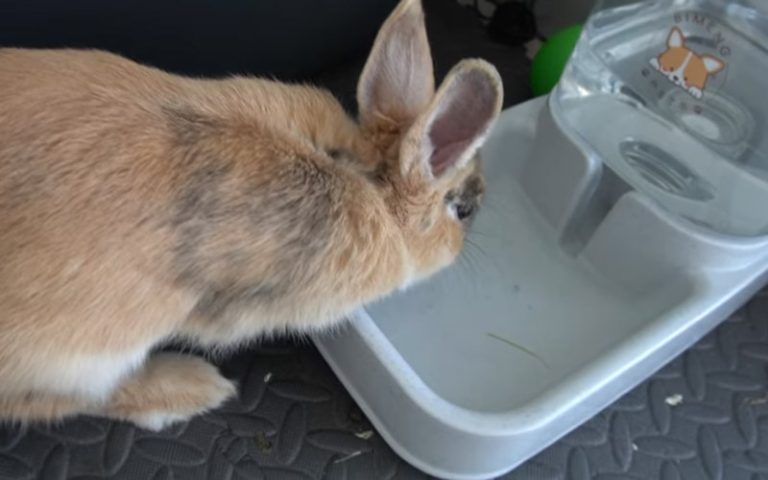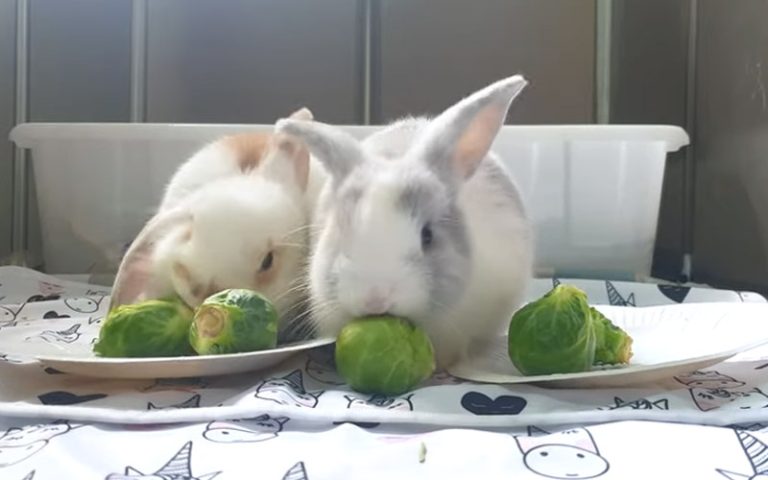Can Rabbits Eat Purslane? | Is it Safe for Your Rabbit?
Rabbits can eat purslane. It’s safe and nutritious for them. Just make sure to give it to them in moderation, as too much can cause digestive issues. Offer it alongside their regular diet of hay, pellets, and fresh veggies for a balanced meal.
Rabbits, renowned for their selective eating habits, often leave owners pondering the appropriateness of certain foods. One such query that frequently arises is, “Can rabbits eat purslane?” Now, let’s learn the details below.
What Is Purslane?
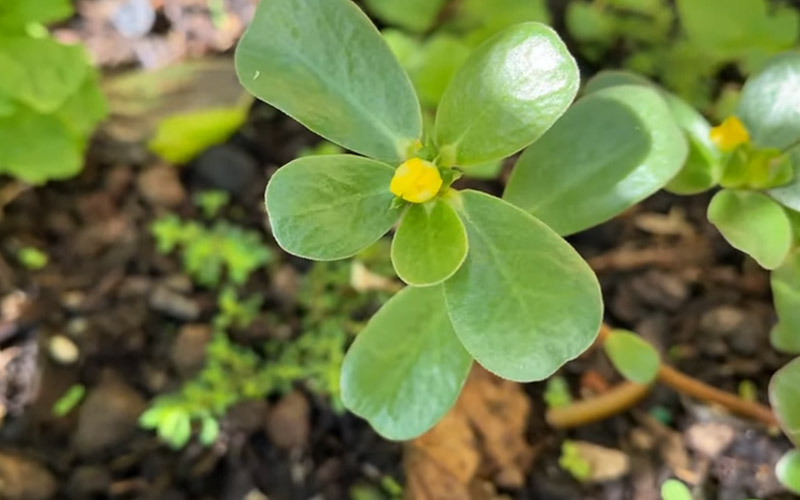
Purslane, scientifically known as Portulaca oleracea, has garnered attention for its nutritional prowess. Rich in essential vitamins and minerals, it presents itself as a potential addition to a rabbit’s diet. Purslane is a leafy green that often grows as a weed but is valued for culinary uses.
With succulent leaves and a slightly tangy flavor, it’s enjoyed in salads and stir-fries. Purslane is packed with nutrients like omega-3 fatty acids and vitamins and offers a tasty and healthy addition to various dishes.
Key Nutrients in Purslane
Purslane emerges as a nutritional powerhouse for rabbits, packed with essential vitamins and minerals crucial for their well-being. Abounding in vitamin A, known for promoting good eyesight, and vitamin C, a key player in bolstering the immune system, purslane stands out as a wholesome dietary addition.
Additionally, its omega-3 fatty acids contribute to overall vitality. Including purslane in your rabbit’s diet ensures they receive these vital nutrients for optimal growth, health, and resilience against common health challenges.
A Table of Nutrients in Purslane
| Nutrient | Function |
|---|---|
| Vitamin A | Supports Vision Health |
| Vitamin C | Boosts Immune System |
| Omega-3 Fatty Acids | Promotes Overall Vitality |
| Calcium | Essential for Bone Health |
| Iron | Aids in Oxygen Transport in the Body |
| Magnesium | Supports Muscle and Nerve Function |
| Potassium | Regulates Fluid Balance |
| Beta-Carotene | Acts as an Antioxidant |
Can Rabbits Eat Purslane? – Leafy Delights
The answer is yes, with certain caveats. While purslane is generally safe for rabbits, balance is important. Its high oxalate content necessitates controlled consumption to prevent potential health issues.
Benefits of Including Purslane in a Rabbit’s Diet
1. Improved Immune Function
Enhancing your rabbit’s immune system becomes effortless with the inclusion of purslane in their diet. Packed with vitamin C, this leafy green supercharges their defenses against common ailments. A robust immune function means your bunny is better equipped to ward off illnesses, ensuring a happy and healthy companion.
2. Essential Nutrients for Growth
Rabbits, like any growing beings, thrive on essential nutrients for robust development. Incorporating purslane into their diet ensures they receive a healthy dose of vital components, such as vitamin A and omega-3 fatty acids. These nutrients actively support your rabbit’s growth journey, fostering strong bones, vibrant fur, and overall health.
How to Integrate Purslane into a Rabbit’s Diet?
1. Gradual Introduction
Introducing purslane to your rabbit’s diet should be a gradual process. Start by offering small amounts to gauge their reaction. Monitor closely for any signs of discomfort or digestive issues. Slowly increase the quantity over time as your rabbit becomes accustomed to this new addition.
2. Organic Sourcing
When incorporating purslane into your rabbit’s diet, opt for organic sourcing. Choose a purslane that’s grown without harmful pesticides or chemicals. This ensures a cleaner and safer food source for your furry friend.
By selecting organically cultivated purslane, you prioritize your rabbit’s well-being, steering clear of potential health risks associated with the consumption of pesticides.
Are There Any Risks to Eating the Purslane of Rabbit?
1. Oxalate Concerns
Beware of oxalates! While purslane offers a nutrient-packed punch, its oxalate content can be a double-edged sword for our furry friends. Too many oxalates may pave the way for kidney stones, causing discomfort for rabbits.
Keep a watchful eye on their purslane intake, ensuring moderation to sidestep potential health hiccups. It’s a delicate balance – harnessing the benefits without tipping the scale towards risks.
2. Allergies and Individual Sensitivities
Rabbits, like humans, can have unique sensitivities to certain foods. It’s crucial to be watchful for any signs of allergies when introducing purslane into your rabbit’s diet. Keep an eye out for unusual behaviors, changes in appetite, or digestive issues.
If you notice any adverse reactions, promptly remove purslane from their diet. Remember, each rabbit is distinct, so what suits one might not suit another.
FAQ
Rabbits may experience digestive issues if they overeat purslane. This common weed can cause stomach upset, diarrhea, or gas in rabbits. It’s essential to monitor their intake and limit access to purslane to avoid potential side effects.
Baby rabbits can eat purslane. It’s safe and nutritious for them. Just make sure to introduce it gradually into their diet to avoid upsetting their stomachs. Offer small amounts at first and observe how they react.
It’s important to wash purslane before giving it to your rabbit. Cleaning removes dirt and potential pesticides, ensuring your rabbit’s safety. Rinse the purslane thoroughly with water to keep your furry friend healthy and happy.
Observe your rabbit’s behavior when offering purslane. If they eagerly munch on it, show excitement, or come back for more, they likely enjoy it. Watch for signs of contentment like relaxed body language. Experiment in small amounts and monitor their response to ensure it’s a favorite treat.

